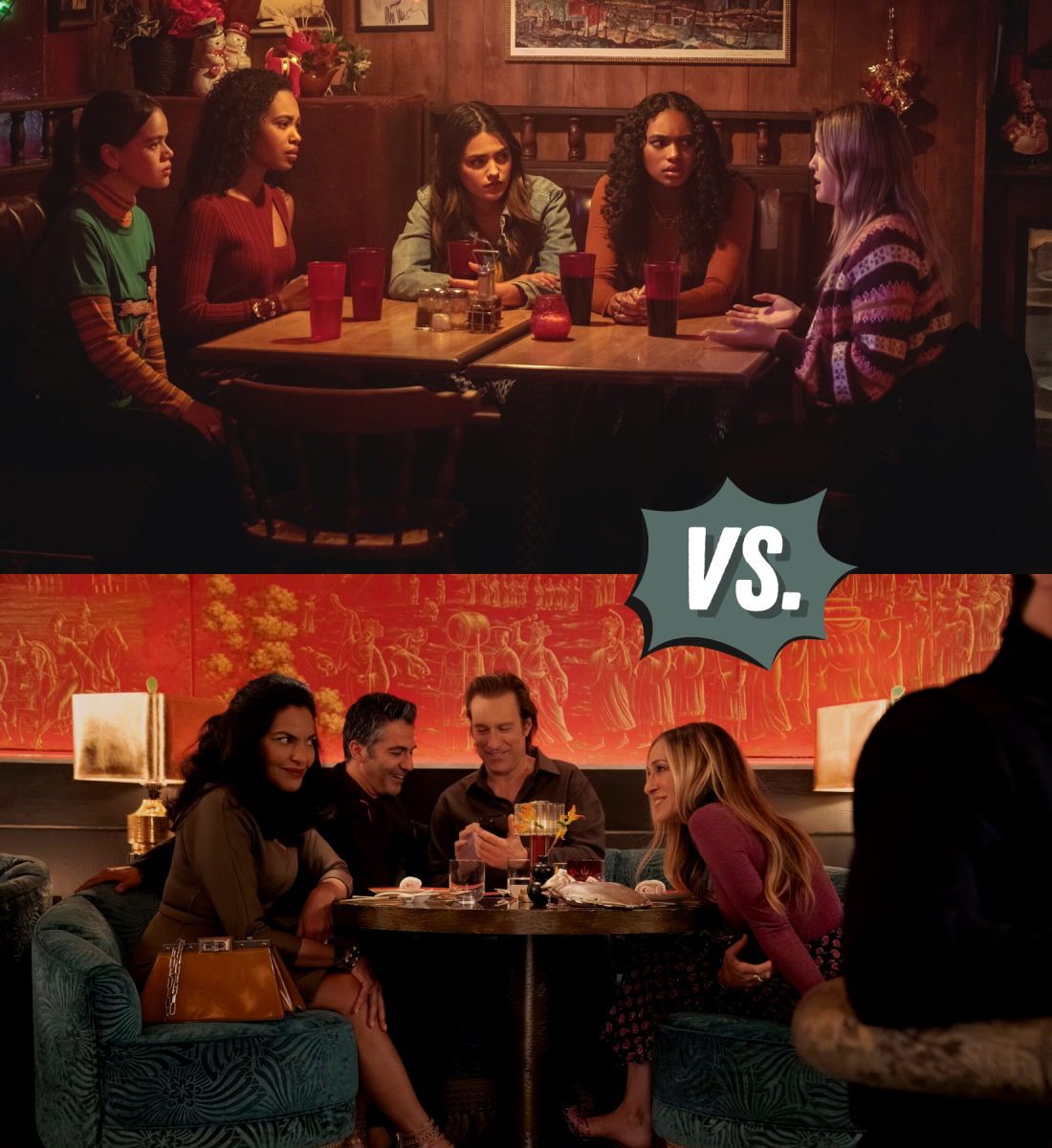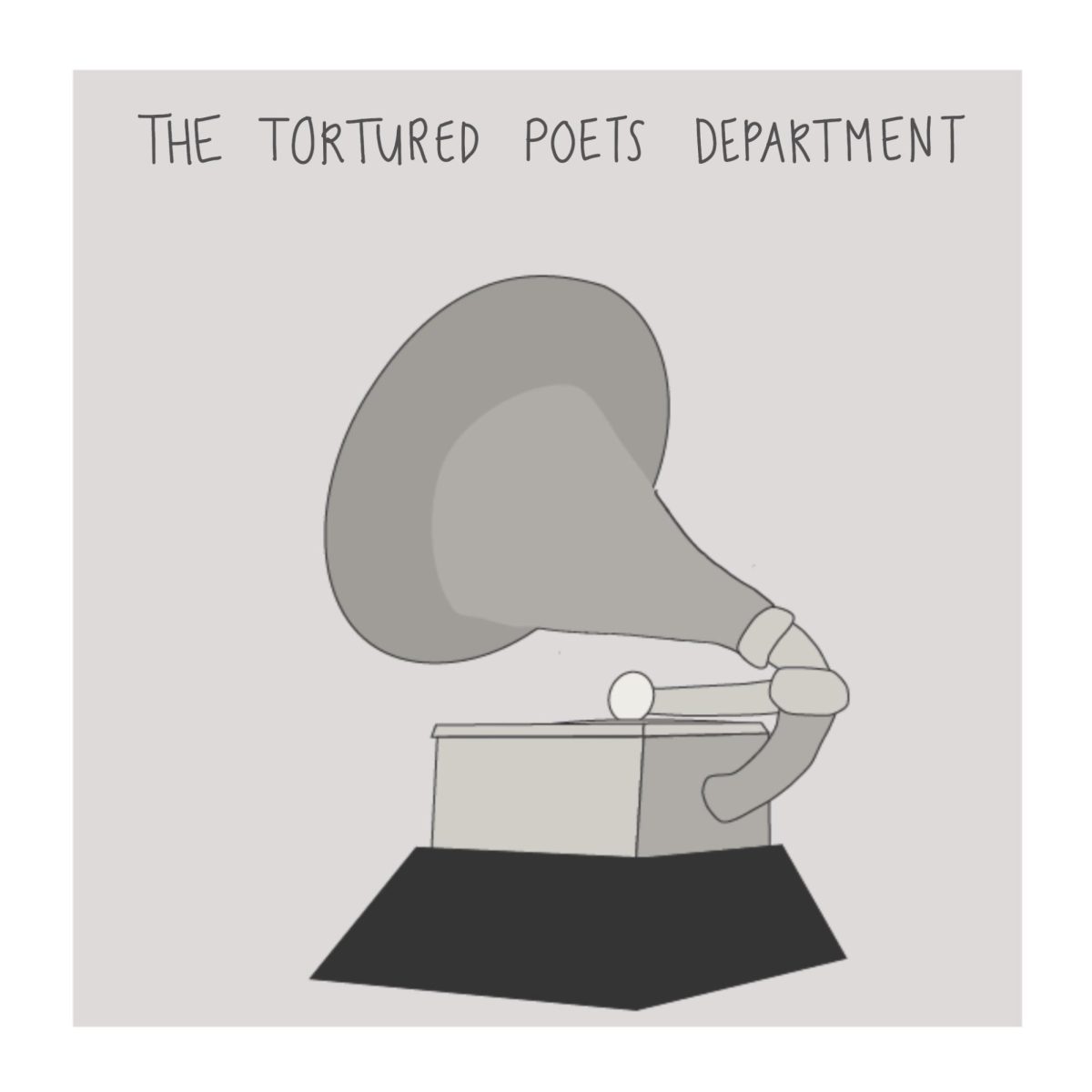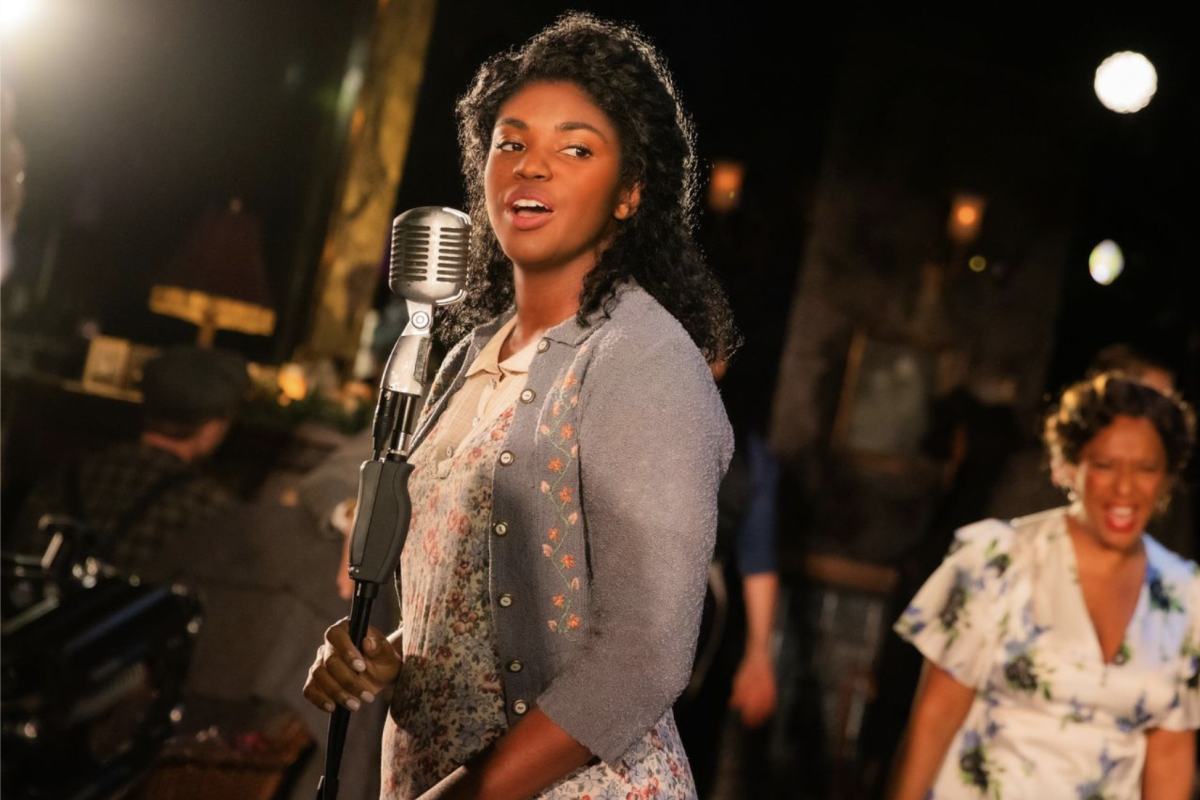If one follows or engages with pop culture in any capacity, they have definitely noticed the exorbitant amount of reboots released recently. It’s the biggest trend in Hollywood — and it’s not going anywhere anytime soon. A plethora of remakes have already been announced for the next few years, including a “Mean Girls” movie musical, a new “Percy Jackson” television series, and a rumored reboot of the hit series “The Office.”
But why have reboots become a staple of modern media consumption? Why do we keep making them?
In short: Hollywood studios want a “sure thing.” In a 2021 Cosmopolitan article, Matthew Jones, a film studies professor at De Montfort University in England, explains this best.
“The most secure option for studios is always going to be something we call a ‘pre-sold property,’ which means a film that has a built-in audience that one can all but guarantee will go and see the film,” Jones told Cosmopolitan.
In a world where people are going to the movie theater less often and instead opting to stream new releases from home, studios are betting on what is likely to secure an audience and boost ticket sales. Reboots provide them financial safety because they can almost guarantee a high amount of interest — after all, people engaged with the content before and might be tempted to revisit it, or might be curious about “what happens next” in the story.
At their best, reboots allow viewers to sulk in nostalgia and relive some of their favorite times with certain characters and stories. At their worst, they ruin the legacies of quality television and film projects and take away favorable impressions fans have of the content.
In most cases, remakes that elicit a positive response from audiences are ones that can capitalize off the nostalgia and love fans feel for certain characters while maintaining a sense of originality, newness or purpose. In other words, projects that come back and change nothing about their original formula can seem cheap and almost pointless. However, reboots that lose track of what made the original project work can also be received poorly.
A recent example of a well-done reboot came in the unlikeliest of scenarios: bringing back “Pretty Little Liars,” a show that ended only six years ago and whose audience was hesitant to see a remake so soon.
Against all odds, “Pretty Little Liars: Original Sin” was well received by both television analysts and fans alike, currently holding a Rotten Tomatoes score of 89% from critics and an audience score of 70%. The story, following its predecessor, centers around a group of teenage girls receiving threatening texts from an unknown source that signs everything as “A.” The mystery is similar yet entirely new, featuring fresh characters and stories that hold no sizable connection to the original set of “liars.”
“Original Sin” takes everything that made the original show work — the soapiness combined with a dash of suspense — and adds unique elements that make it feel like a standalone entity. It dials up the fear factor of “Pretty Little Liars” and presents a full-on horror version of the show. Raising the stakes within its ABC-teen-drama premise, it pushes the reboot towards the goriness of the “Scream” franchise and creates a highly entertaining viewing experience.
Fans of “Pretty Little Liars” are able to sit and enjoy A’s return for the same reasons die-hard fans of “Scream” keep coming back for sequels — there is a new element to the story every time and a new batch of characters for Ghostface to terrorize, keeping the story fresh and interesting.
Without alienating its pre-existing fanbase, “Original Sin” keeps the essence of “Pretty Little Liars” alive while giving the audience something new to digest. It presents originality despite the fact that it borrows or relies on old material.
The same cannot be said of “And Just Like That…,” Max’s “Sex and The City” reboot. In contrast to “Original Sin,” the show was received poorly, holding a 56% score from critics on Rotten Tomatoes and a strikingly low 33% audience score.
The late 90s hit “Sex and The City” follows four friends living in New York at the peak of the city’s allure, navigating the ins and outs of their 30s. An emblematic presence in pop culture, the show boasts a six-season television run and two blockbuster movies in its resume. Its characters became synonymous with glamour, fashion and female agency at a time when media did not feature many stories about women.
In the decision to revive the franchise with the same cast, the writers overlooked the consequences of reopening the story. The show’s long television run gave its characters plenty of time to make mistakes, grow and ultimately wrap up their stories in a satisfying way. Attempting to unwrap those endings in a manner that would provide the characters with renewed purpose proved to be a task the writers could not handle, leaving the reboot adrift and without a clear voice.
“And Just Like That…” sees three of the four original main characters now navigating friendship, work and love in their 50s. A set-up that had everything to show beloved characters facing new challenges — marriage, kids and aging, to name a few — failed to deliver on the entertainment front and instead tarnished the reputation of a franchise with a well-crafted ending.
In just the first episode of the new series, an iconic character is humiliated with an abrupt death via Peloton bike, breaking up the central couple of the original show that seemed to finally find happiness after seasons-long complications. The episode is also laden with “we’re old now” comedy. Given the chance to challenge ageist stereotypes and demonstrate how women can remain glamorous and true to themselves well into their 50s, the writers instead opted for cliché humor and stripped their characters of the qualities that initially endeared them to the audience.
With the progression of the reboot, the audience sees other fan-favorite couples break up and characters act questionably in plot decisions that make little sense within the context of the franchise. In the first season, we see Miranda Hobbes (Cynthia Nixon) — forever the show’s smartest and most grounded character — spew microaggressions at a Black graduate school professor and act completely unlike herself, full of insecurity and doubt for reasons that are never truly fleshed out for the audience.
The show also adds new characters, including many people of color and queer-identifying individuals, which initially felt like a step towards more representation and inclusivity in a show that historically lacked any. However, those side characters fail to get enough development in the show to make their addition not feel like a tokenized, cheap attempt to check a diversity box. It seems as though these characters were added only so the reboot could tackle certain contemporary social issues — and none of it is executed well.
In the reboot’s attempt to “stay woke” and relate to a Gen Z audience, it also takes its characters through a rollercoaster of female aging hurdles and places them in humiliating, sad storylines, losing the sparkle that made “Sex and The City” so great. The original, light-hearted formula of female glamour, joy and nuance is twisted into a confusing and inconsistent new phase for these characters that seems excessively punitive of them. Instead of building upon its former greatness, the new elements and directions of the show erode the essence of what once worked.
Reboots can be valuable if they convey purpose. If viewers are now bound to a remake-dominated world, they can only hope that writers and producers take the time to understand certain stories and deliver thoughtful remakes that work.






















